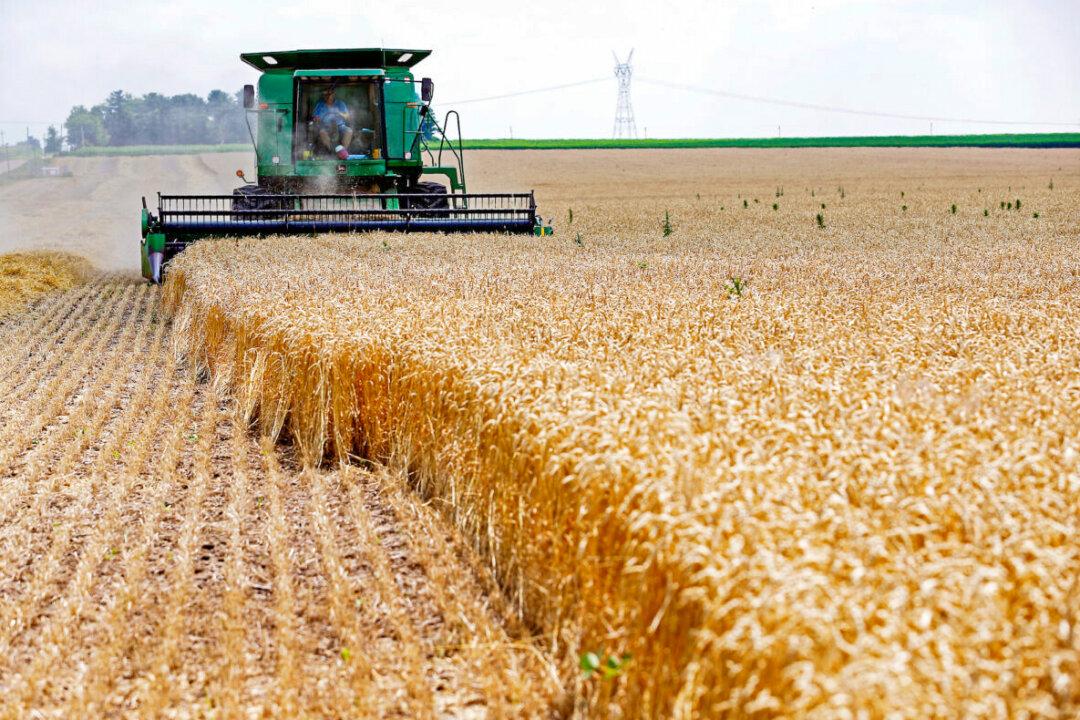Two Illinois lawmakers have asked the federal government to review a recent acquisition in which a Chinese state-run company took full ownership of a grain terminal strategically located on the Mississippi River.
In a bipartisan letter to Treasury Secretary Janet Yellen, chair of the Committee on Foreign Investment in the United States (CFIUS), dated June 27, Reps. Mike Bost (R-Ill.) and Nikki Budzinski (D-Ill.) raised concerns over the impact of the acquisition of the Cahokia grain terminal on national security and the region’s agricultural economy.




